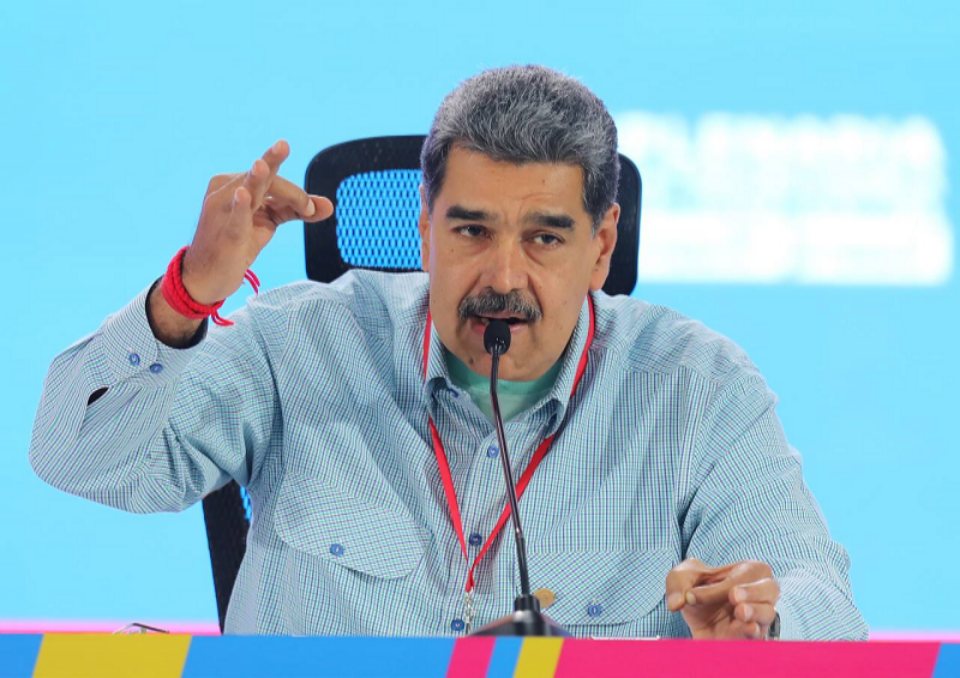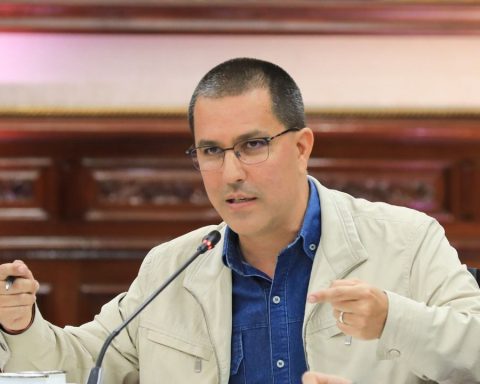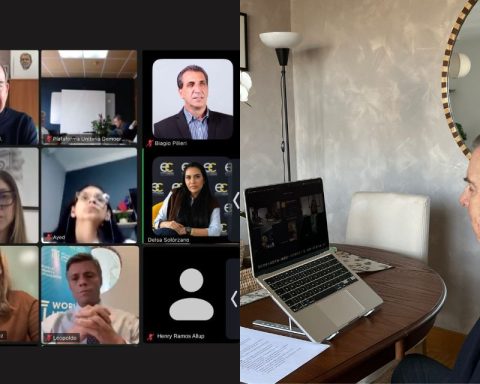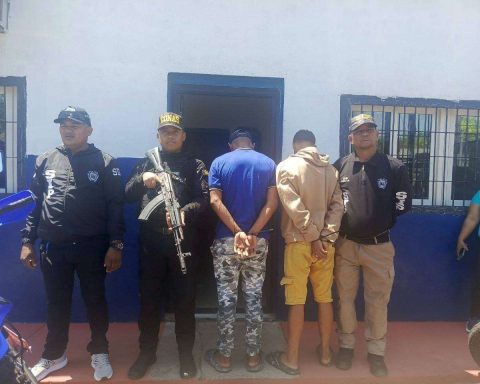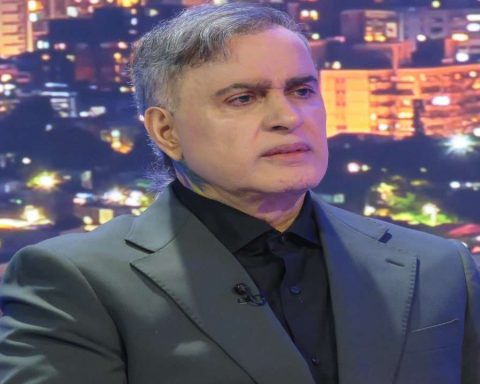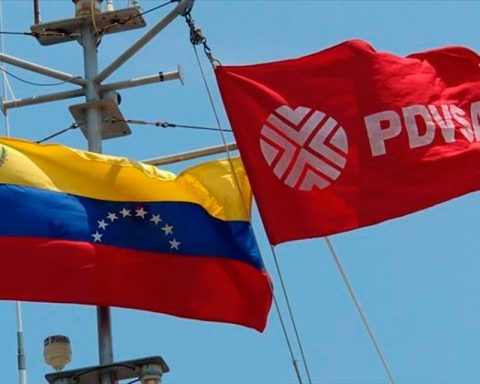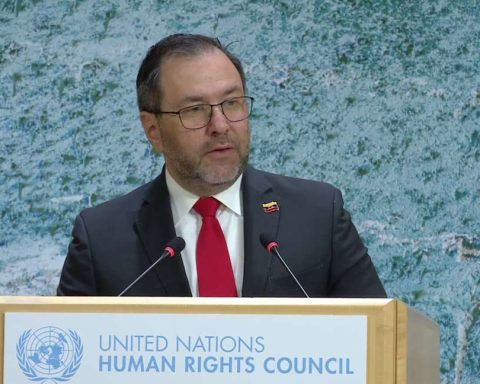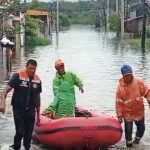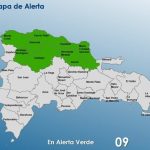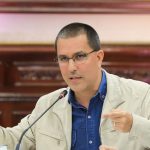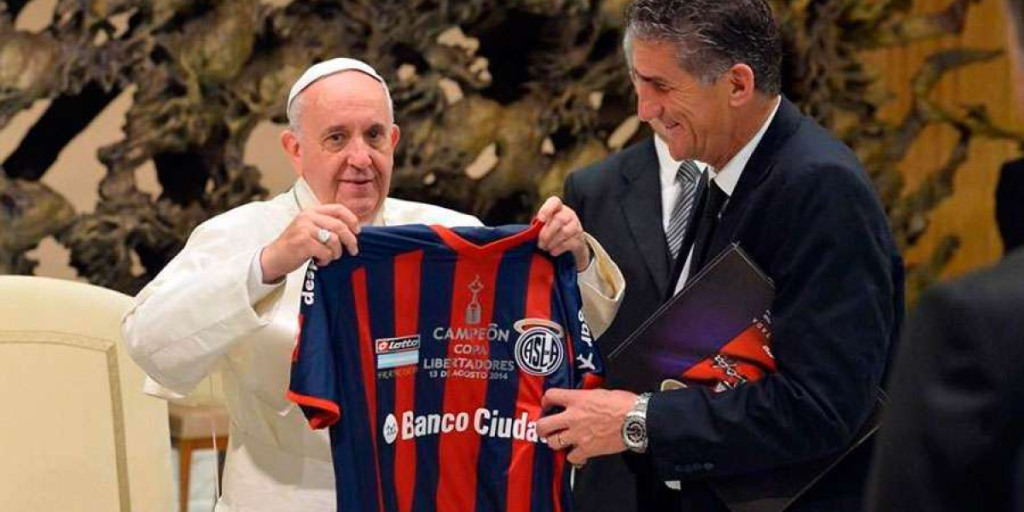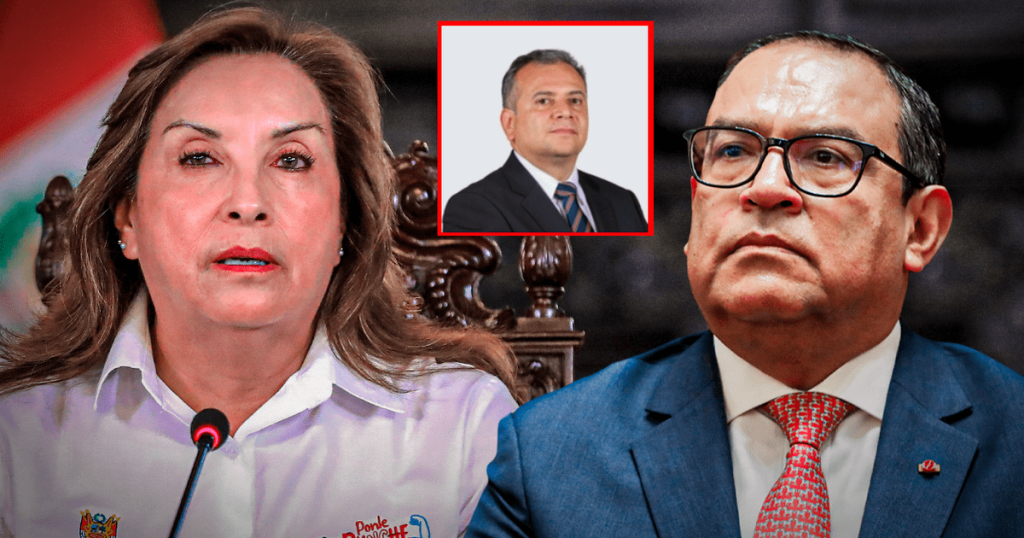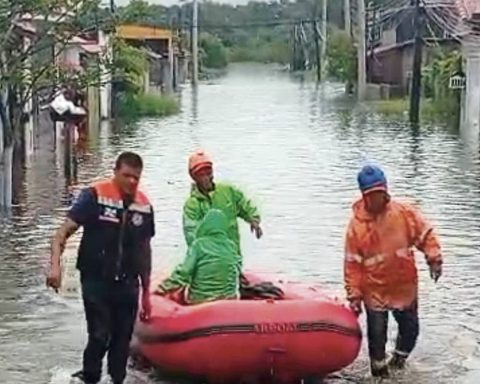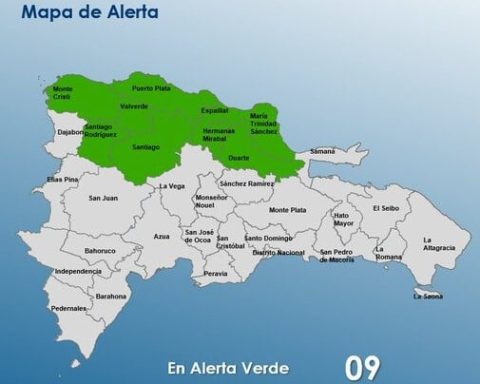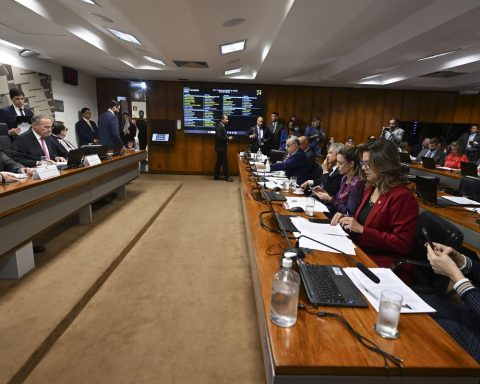During the first 100 days of Nicolás Maduro in Miraflores, questions to their legitimacy have not ceased by their adversaries
Nicolás Maduro arrived this Sunday at the first 100 days of his controversial third term in Venezuela, marked by questions to his legitimacy, sanctions and the return of more than 2,500 migrants, his great majority deported by the United States.
Next, the eight facts that have marked Maduro’s management since his investiture on January 10:
Questions
Proclaimed winner by the National Electoral Council (CNE), who control rectors related to Chavismo, Maduro advances in his third term without, almost nine months later, the broken results are known -controlled to the provisions of the official schedule -, which led to the Carter Center, which was observer, to conclude in February that these elections “cannot be considered democratic.”
The greatest opposition coalition – the democratic unitary platform (Pud) – denounced the consummation of a “coup d’etat”, insisting that the winner was Edmundo González Urrutia.
International support and rejection
Maduro is supported by countries such as Russia, China, Iran, Turkey, Qatar, Belarus, Serbia, Equatorial Guinea, Cuba, Nicaragua, Bolivia, Honduras and San Vicente and Las Granada.
Instead, USA, Canada, Argentina, Chile, Costa Rica, Ecuador, El Salvador, Guatemala, Panama, Paraguay, Peru, Colombia, Brazil, Dominican Republic, Uruguay, United Kingdom, Ukraine, Germany, Italy and Japan, among others, have questioned their legitimacy.
Trump vs. Ripe
Washington hardened the sanctions against Caracas after Donald Trump’s return to the White House, with the end of oil licenses and the decision to impose 25 % tariffs on Venezuelan oil buyers, as well as 15 % rates on Venezuela products. The American government accuses the mature administration of having sent to the US. to “tens of thousands of criminals”, which rejects Chavismo.
Maduro insists that “there is no threat in the world that intimidates” his country, and decreed this month an economic emergency in response to Washington’s measures. Caracas also issued a “travel alert” on “risks” in the US.
Migration
Since February, according to official figures, 2,559 Venezuelans have returned to their country -the majority from the US -on 13 flights, three of them in airplanes of the North American country, as part of an agreement reached in a visit by Richard Grenelll, Trump’s special representative, to Caracas in January.
Maduro denounced on April 9 a “civilizational aggression” against migrants in the US, which in March deported more than 200 people to El Salvador, accused of allegedly belonging to the criminal gang of Venezuelan origin of Aragua -pointed out as a terrorist by Washington -, a shipment that the Chavista condemnation administration.
Next elections
Maduro said that this year there will be at least a dozen elections, including regional and parliamentarians, which will be held on May 25 and that they have created fractures within the opposition, divided between those who call to vote and those who do not.
Chavismo also plans to consult a constitutional reform project that prepares a commission headed by the Attorney General, Tarek William Saab, and must be presented in May, when the 90 -day period given by Maduro in February is expired.
ESEQUIBO
The tension with Guyana has been exacerbated with Caracas’s plans to choose “for the first time the governor” of La Guayana Esquiba, referring to the territory of about 160,000 square kilometers that both countries are disputed.
Georgetown asked the International Court of Justice (CIJ), which declared himself competent to pronounce on the conflict, “urgently” issuing measures to demand from Venezuela “not to celebrate elections anywhere in the Guyanés territory.”
Meanwhile, the administration of Maduro has denounced actions of Guyana “in alliance with (the American oil company) exxonmobil” in the maritime zone “pending to delimit.”
Economy
Since January 10, the local currency has devalued 33 % against the dollar in the official market, where the American went from 53.87 bolivars to 80.95, an increase of 50.26 %, while the parallel rate exceeded 100 bolivars. According to experts, this increase explains the price increase, mostly set based on this currency.
The Venezuelan Observatory of Finance (OVF) registered accumulated inflation of 36.1 % in the first quarter.
In this context, trade unionists and workers demand an increase in the minimum wage, which today is equivalent to $ 1.60 per month, not including the bonds received by public employees, when a person needs around $ 100 per month for basic feeding expenses, according to independent estimates.
Human Rights
Relatives of detainees considered political prisoners have carried out numerous protests to demand releases, cases and a dialogue table.
They also ask for “timely and specialized” medical attention for their relatives and allow visits “without restrictions.” In addition, they denounce “prolonged isolation” and the violation of the right to defense.
The NGO Criminal Forum computed until this week 890 people arrested for political reasons -within them -, 807 less compared to the balance published on January 10.
With information from the EFE agency
*Journalism in Venezuela is exercised in a hostile environment for the press with dozens of legal instruments arranged for the punishment of the word, especially the laws “against hatred”, “against fascism” and “against blockade.” This content was written taking into consideration the threats and limits that, consequently, have been imposed on the dissemination of information from within the country.
Post views: 869
